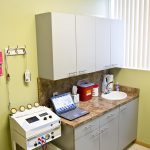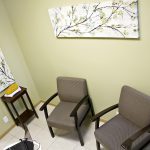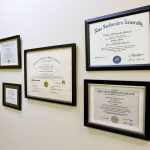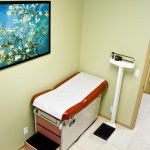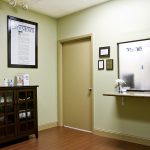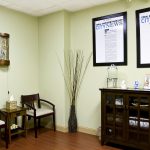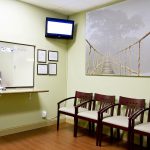
We can’t avoid the aging process, but we can all age with an able and disease-free body. Once we understand what to expect as we age, we can work with our bodies and engage in a positive ongoing process to achieve healthy aging.
So what is considered “normal” aging? Different parts and systems within the body exhibit their own signs of aging, and each is manageable if we know what to expect.
The cardiovascular system, also known as the circulatory system, consists of the heart, arteries, veins and capillaries. Your heart rate gradually slows down and the heart becomes slightly larger. Our blood vessels and arteries become stiffer, and the heart has to work harder to pump blood, which could lead to high blood pressure.
Chances are, you have felt the changes to your bones, joints and muscles. Bones tend to shrink in density and size, and become more susceptible to fractures. By age 80, we lose up to two inches in height. Our muscles lose strength and flexibility, and our coordination and balance decrease as a result.
And as muscle mass decreases, fat takes its place and we need fewer and fewer calories to maintain our weight, which means it becomes easier to gain weight as we age.
Constipation is more common in older adults, and a low fi ber diet, not enough fl uids and a lack of exercise contribute to this issue. Urinary incontinence also increases. Our memory becomes less effi cient, and it takes us longer to remember new things. Hearing and vision begin to fade, while our gums and teeth become more prone to decay and infection. Skin becomes drier and more vulnerable to bruising, and wrinkles, age spots and skin tags appear.
All of these signs of aging may seem overwhelming, but following these guidelines will help you achieve healthy longevity:
1. Exercise – This reduces blood pressure, lessens the stiffening of arteries, and helps you maintain a healthy weight. Additionally, weight-bearing exercise like walking or yoga can help strengthen bones. Kegel exercises, which you do by contracting the muscles you use for urination, can decrease incontinence.
2. Eat Healthy – Adopting a diet full of fruits, vegetables, lean proteins, lots of fi ber and plenty of water keeps our arteries clear, digestive tract moving comfortably and weight in a healthy range. Limit fat, high fat dairy and alcohol, but get adequate amounts of calcium and vitamin D to protect your bones.
3. Don’t Smoke – Now that we know the extent of the damage smoking can do, it’s important to stop as soon as possible. Smoking works against our bodies as we age and turns our manageable ailments into serious illnesses.
4. Stay Social – Belonging to a community or church, and spending time with friends and family can do wonders for your overall happiness and memory.
5. Adopt Healthy Habits – Brush and fl oss your teeth twice per day; protect yourself from the sun with hats, sunglasses and sunscreen; use warm, not hot, water to bathe and follow with a good moisturizer.
Most importantly, visit your doctor regularly to get checkups and don’t ignore their advice! Healthy aging can be yours if you follow these simple steps.




